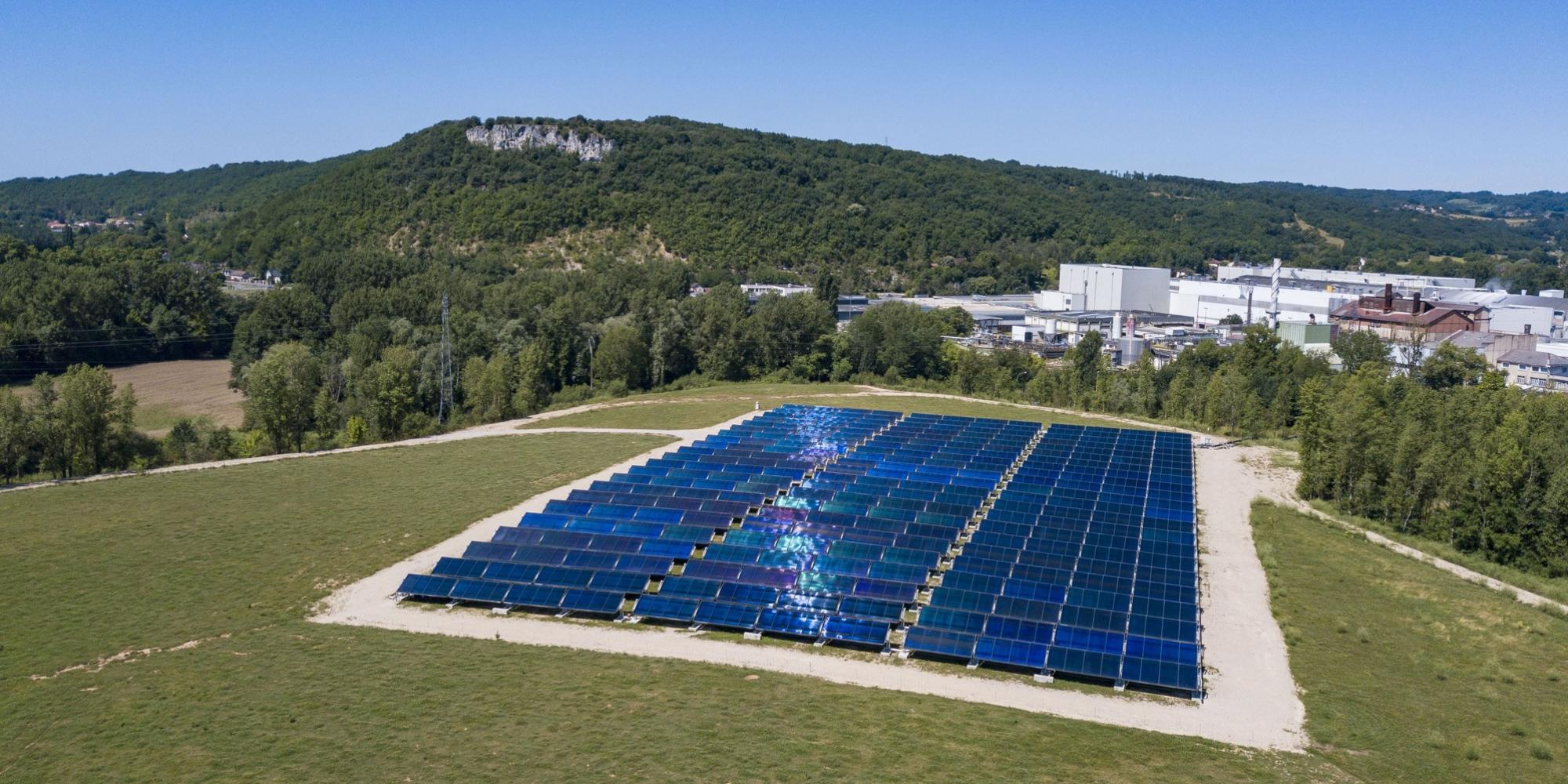On 8 May 2024, the Clean Energy Transition Partnership (CETPartnership) organised the Webinar ‘Accelerating the clean energy shift – Solar thermal webinar’. One hundred twenty participants engaged actively in the discussions.
The event focused on the transformative power of solar thermal energy as an alternative to fossil fuels. The 90-minute session discussed existing market opportunities and benefits of solar thermal energy. A number of case studies on the large-scale use of solar thermal energy for district heating applications followed suit. The session started with two CETPartnership-funded projects on solar thermal energy. As thermal energy use is 50% of our energy use, thermal generation and thermal storage alleviate the pressure on electricity and critical raw materials. The session provided insights into how solar thermal can play a crucial role in our transition to sustainable energy sources.
First of all, two CETPartnership-funded projects presented their work:
The STRAWBERRIES project, Solar Thermal Agriculture with Bifacial Collectors for Farming Synergies, was presented by Thorsten Summ, Technical University Ingolstadt. This project develops bifacial solar collectors specifically designed for Agri-ST (Agri-Solar Thermal) applications. Presentation 1 in documentation section.
The PVT4EU Photovoltaic Thermal for Europe was presented by Ivan Acosta Pazmin from MG Sustainable Engineering AB. The project aims to demonstrate innovative photovoltaic thermal (PVT) collector technology to meet consumption requirements by combined generation of heat and electricity. Presentation 2 in documentation section.
Then, inspiring key speakers presented an overview of solar thermal technologies, the current market, and important European perspectives and trends. This was followed by more in-depth discussions of large-scale solar thermal energy systems and case studies:
Valérie Séjourné, Managing Director of Solar Heat Europe, presented an overview of existing developments and market trends in solar thermal. She showed how sales are growing and how recent EU policies pave the way for more market growth in years to come. Implementation is critical, and research and innovation continue to be key. Presentation 3 in documentation section and the Solar Thermal Manifesto (Presentation 4 in documentation section).
Klaus Lichtenegger, task lead of IEA-SHC-Task 68 ‘Efficient Solar district heating systems’ presented the work of this international task, encompassing progress on concepts, controls, business cases and use cases for district heating systems. This task has already produced numerous results to bring the latest solar heating and cooling research and information to the forefront of the energy transition.Presentation 5 in documentation section.
Theo Venema, project lead of Warmtestad Groningen in the Netherlands, showed how the city of Groningen is developing district heating grid, a large-scale solar thermal facility and a medium temperature aquifer thermal energy storage (MT-ATES). Waste heat from data centres will also be used as a heat source for the grid.Presentation 6 in documentation section
Daniel Trier from Planenergi, explored the success factors of the use of solar thermal district heating systems, along with thermal energy storage systems such as pit thermal storage and tank thermal storage in Denmark. Market developments have been influenced by the regulatory framework, but a wealth of experience on large scale systems is available in the country. .
Presentation 7 in documentation section
Magdalena Berberich from Solites, Germany, introduced a number of large-scale solar thermal systems in Germany. Along with expertise to realise such systems, Solites engages in further development work, highlighting themes such as community engagement for clean heat, thermal energy storage technologies and solar thermal for various temperature levels. Presentation 8 in documentation section
In conclusion, solar thermal technology holds large promise in our journey toward a sustainable energy future. As we navigate the complexities of decarbonising heat, collaborative efforts for renewable thermal energy become paramount.
The upcoming Joint Call in 2024 of the CETPartnership promises exciting opportunities for funding novel concepts, research and innovation activities with international collaborations for thermal technologies. So mark your calendars for the 4th of June meeting via www.cetpartnership.eu/events or B2match CETPartnership matchmaking platform https://www.b2match.com/e/clean-energy-transition-partnership-2024/events/205
For more details and assistance, contact CETP TRI4 Heating and Cooling Office.
Alicja Wiktoria Stoklosa- e-mail: tri4@cetpartnership.eu
